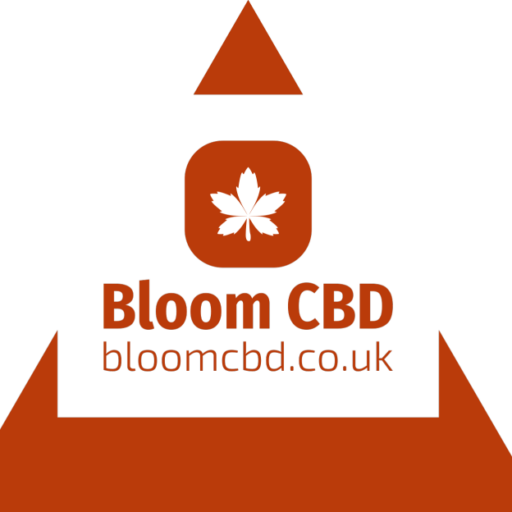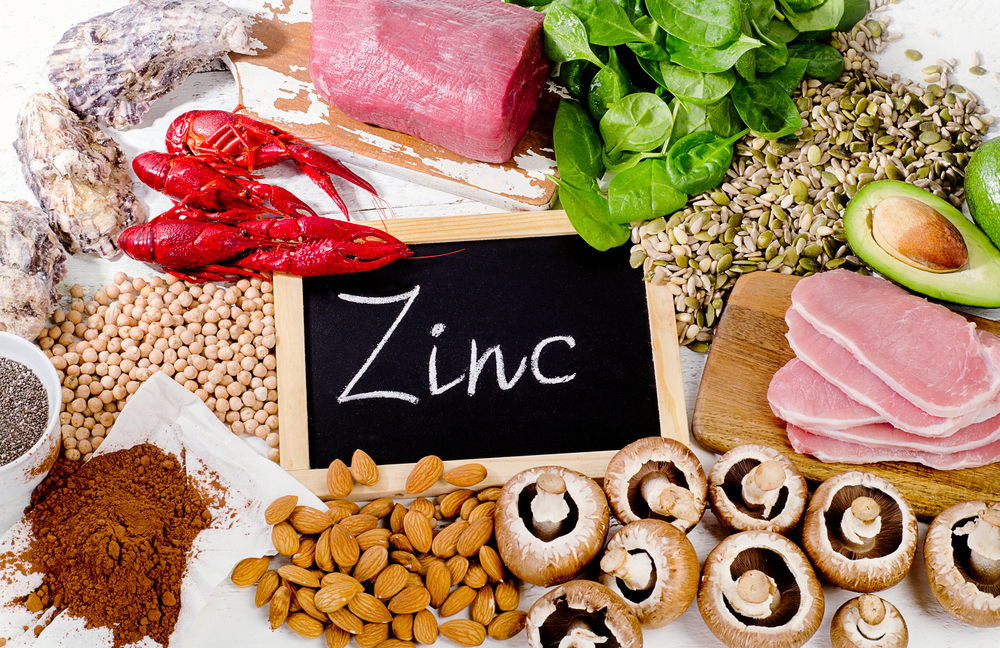Introduction
Zinc is an essential trace element and mineral that plays a vital role in numerous bodily functions, from immune system support to wound healing and beyond. In this comprehensive guide, we will explore the various benefits of zinc, its functions, dietary sources, recommended intake, and potential risks associated with deficiency.
Introduction to Zinc
Zinc is an indispensable nutrient with a plethora of roles in maintaining overall health. This guide will provide an overview of zinc’s significance and the areas in which it contributes to well-being.
Immune System Support
One of the most well-known benefits of zinc is its immune-boosting properties. We’ll explore how zinc helps the body defend against infections, reduces the severity and duration of colds, and plays a role in the production of immune cells and antibodies.
Wound Healing and Tissue Repair
Zinc is crucial for wound healing and tissue repair. We’ll delve into how it aids in the formation of connective tissues, promotes efficient recovery from injuries and surgeries, and supports the maintenance of healthy skin.
Growth and Development
Zinc plays a critical role in growth and development, making it particularly essential during childhood and adolescence. We’ll discuss how zinc influences physical growth, sexual maturation, and the development of various tissues and organs.
Antioxidant Properties of Zinc
Zinc is a vital component of antioxidant enzymes that help protect the body against oxidative stress and free radical damage. We’ll explore the mechanisms behind zinc’s antioxidant properties, including its role in reducing inflammation and delaying the aging process.
Skin Health
Zinc’s benefits for skin health extend beyond wound healing. We’ll discuss its role in managing conditions like acne, eczema, and psoriasis, as well as its impact on skin integrity and collagen formation.
Cognitive Function and Mental Health
Recent research suggests a connection between zinc and cognitive function. We’ll explore how zinc may contribute to memory, learning, and mood regulation, potentially reducing the risk of cognitive decline and improving symptoms of mental health conditions.
Bone Health
Zinc is linked to bone health and the prevention of osteoporosis. We’ll delve into the mechanisms by which zinc influences bone density, strength, and fracture prevention, especially in older adults.
Sources of Zinc
Obtaining adequate zinc from dietary sources is essential for reaping its benefits. We will provide a comprehensive list of zinc-rich foods, such as lean meats, seafood, legumes, nuts, and whole grains. Understanding these sources can help individuals make informed dietary choices to meet their zinc needs.
Recommended Dietary Intake and Supplements
Understanding the recommended daily intake of zinc is crucial for maintaining optimal health. We’ll explore the dietary reference intake (DRI) values for different age groups and discuss the potential benefits of zinc supplements. Additionally, we’ll provide guidance on choosing the right zinc supplement, dosage recommendations, and considerations for specific populations.
Risks and Symptoms of Zinc Deficiency
Recognizing the signs and risks of zinc deficiency is essential for early intervention. We will outline the common symptoms of deficiency, such as growth retardation, delayed sexual maturation, impaired immune function, and skin issues. Additionally, we’ll discuss the specific groups at higher risk of developing zinc deficiency, such as vegetarians, older adults, and individuals with certain medical conditions.
Zinc Supplementation: Pros and Cons
While supplements can be a valuable tool in addressing zinc deficiency and supporting overall health, they are not without potential drawbacks. We’ll weigh the pros and cons of zinc supplementation, discussing factors like effectiveness, safety, and potential interactions with other medications. Understanding the nuances of zinc supplementation can help individuals make informed choices regarding their health.
Special Considerations for Zinc
Certain situations may require additional attention when it comes to zinc. We’ll explore specific scenarios, such as pregnancy and breastfeeding, athletic performance, and the role of zinc in managing specific health conditions, providing insights into how zinc can be particularly beneficial in these contexts.
Conclusion
Zinc is a remarkable nutrient with a multitude of benefits, from immune system support to wound healing, cognitive function, and beyond. Recognizing the signs of deficiency, understanding dietary sources, and considering supplementation when necessary are essential steps in harnessing the numerous advantages of zinc for overall health and well-being. By following the insights provided in this comprehensive guide, individuals can take proactive measures to promote good health and enjoy the many benefits that zinc has to offer.

